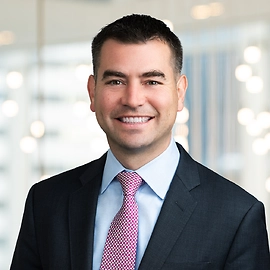Last week, the federal Department of Health and Human Services (HHS) made two announcements aimed at providing additional protections for health care workers who object to providing services on moral or religious grounds.
On January 18, 2018, HHS announced the formation of a new Conscience and Religious Freedom Division in the HHS Office for Civil Rights (OCR). The stated goal of the new division is to “restore federal enforcement of our nation’s laws that protect the fundamental and unalienable rights of conscience and religious freedom.”
The next day, on January 19, HHS released a proposed rule that would provide protections for health care workers who refuse to participate in services that run counter to their religious beliefs or moral convictions. Finding support in the First Amendment and federal anti-discrimination statutes, the proposed rulemaking is intended to protect doctors and nurses with moral or religious objections to participating in certain procedures such as abortions, assisted suicide, sterilization, vaccination, and other matters of conscience. Construed broadly, the rule may also cover conscience objections to treating transgender patients or issues of gender identity.
The proposed rule applies to entities that receive funds through programs funded or administered in whole or in part through HHS, such as hospitals, nursing homes, clinics, physician offices, universities, and more. Public comments are now being accepted on the proposed rule through March 27, 2018.
The rule likely will lead to increased scrutiny from OCR and the newly formed Conscience and Religious Freedom Division. The Washington Post has quoted OCR Director Roger Severino about the more than three-fold increase in the number of worker complaints related to moral and religious beliefs since President Trump’s election. Severino stated that a career senior executive will be appointed to investigate such issues. Under the rule, OCR would have the authority to initiate compliance reviews, conduct investigations, coordinate compliance, and use enforcement tools comparable to those available under other civil rights laws.
Once finalized, the rule will have an immediate impact on how health care providers assign employees, discipline for failures or refusals to perform certain services, and accommodate religious and moral beliefs. The requirements may give rise to issues that will need to be addressed in collective bargaining agreements. While we expect there to be legal challenges to the rule, employers should be prepared to both address employee concerns about providing services to which they have conscience objections, and to create alternative plans for treatment when such concerns are raised.
Blog Editors
Authors
- Member of the Firm
